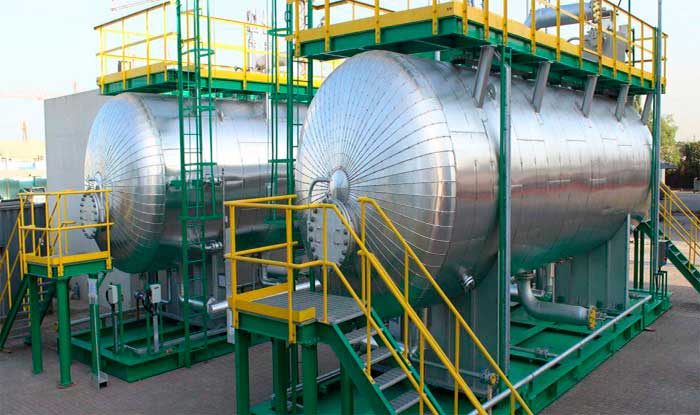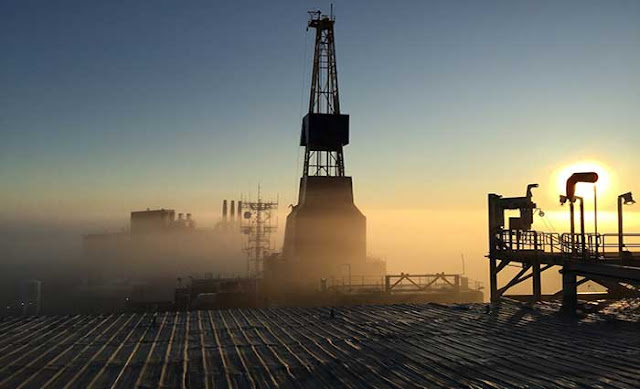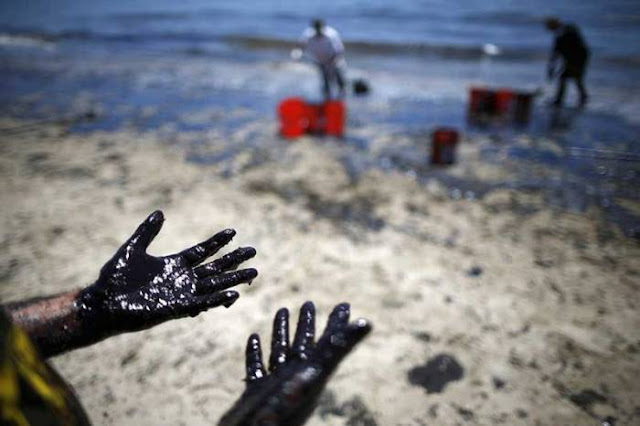Technology on remote drilling
Emerging
technologies impact the oil industry in new remote drilling, increase
efficiency and minimize operational risks in wells drilling and hydrocarbon
extraction processes.
Countless
disciplines are combined in the drilling
of wells for the extraction of hydrocarbons from the subsoil, for the following
refining and enjoyment of the benefits that oil provides to humanity.
Where it is assumed, after a geological
investigation, about the existence of an oil field, the drilling of wells is the way to check this previous study, after
which we proceed to the subsequent steps concerning the extraction of black gold.
After
conditioning the land to be exploratory drilled, in its first stage, it is
usually performed rotary drilling or
trepanation with mud circulation, to
the depth where the location of the deposit has been tentatively indicated. The
equipment consists of a mechanical
or electromechanical system that supports a differential
rig, consisting of a tower height between 20 and 30 meters to support the
movement of pipes and tools that operate by power transmission of electric
motors or explosion.
 |
Remote drilling is an advance for oil exploration in areas of
difficult access
|
In cases
where the drilling
is carried out on the sea floor,
distant platforms must be installed
on the coasts and very deep waters, on a depth of up to 200 meters. The
platforms can be floating or anchored to the ocean floor, resistant to waves
and extreme atmospheric conditions.
Remote drilling will be a very valuable advance in drilling
techniques, minimizing the risks of personnel and equipment, minimizing
operating costs and increasing the efficiency of the process. The drilling and
extraction of both gas and oil from distance will allow operators to monitor
and control the drilling process with greater efficiency and in safer
environments.
 |
Technology has a positive impact on the exploration and
exploitation of hydrocarbons
|
A reservoir
in Alaska, for example, with very hostile weather conditions, can be operated
and controlled more efficiently from distant locations.
This
is how advances in computer and
telecommunications technologies also positively impact the oil industry,
making possible the massive transmission of data by increasing bandwidth and
communications via satellites from operating centers to extraction locations in
remote parts of the planet



